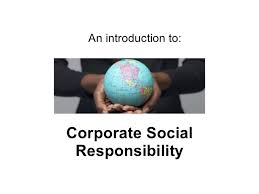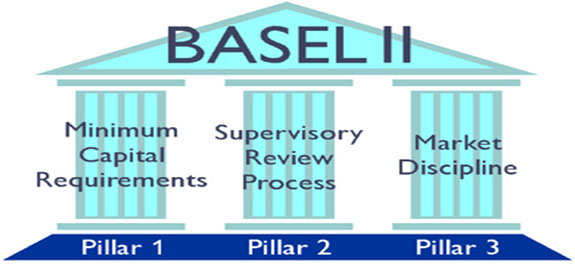Start Date:
17 June, 2024.
End Date:
19 June, 2024.
Course Overview
The goal of this course is to create awareness and advance knowledge about issues in business ethics and supply chain social responsibility. Through readings, discussions, mini-cases and exercises, participants will learn about a broad range of social responsibility factors, such as ethics, environmental concerns and “fair trade.”
Course Objectives
Upon completion of this course you should be able to:
- Describe the different perspectives on ethics and social responsibility.
- Explain the relationship between business ethics and corporate social responsibility.
- Critique an organizational ethics statement.
- Identify the various stakeholders with interests in ethical issues.
- Discuss the rationale and potential benefits of sustainable supply chains.
- Identify opportunities for your organization to create a greener supply chain.
- Evaluate your organization’s policy on discrimination and harassment.
- Create a social responsibility policy for your organization.
Course Outline
- Introduction to Business Ethics and Social Responsibility
a. Ethics: Definition and Tradition Define business ethics and describe different perspectives on ethics. Critique and organizational ethics statement.
b. Regulatory Codes of Ethics
c. Stakeholders Identify various stakeholders with interests in ethical issues in the context of their organizations.
d. Social Responsibility Explain the relationship between business ethics and corporate social responsibility.
e. Ethical Orientation
f. The Polluter’s Dilemma - Environmental Sustainability
a. Sustainable Supply Chains Discuss the rationale and potential benefits of sustainable supply chains.
b. Carbon Footprint Identify opportunities for your organization to create a greener supply chain. Calculate the carbon footprints.
c. ISO 14000 Evaluate the potential of ISO 14000 for their organization and supply chain. - Discrimination and Harassment: The Law
a. Defining Discrimination and Harassment Know the federal and provincial laws covering discrimination and harassment.
b. Organizational Policy Comment on your organization’s policy on discrimination and harassment.
c. Sexual Harassment Mini-case Discuss the impact of discrimination on organizational productivity. - Social Issues
a. International Labor Organization (ILO) Standards To explain the ILO standards
b. ISM Principles To identify safety and security issues within your organization, and among key members of your supply chain
c. Free Trade versus Fair Trade Be familiar with distinctions between free trade and fair trade, and determine your organization’s view on free versus fair trade.
d. Kraft and Rainforest Alliance - Community Involvement
a. Community and the Organization
b. Examples of Community Involvement Identify opportunities for their organizations to become more involved in the local community. - Social Responsibility Presentations
a. Propose a statement of social responsibility to a group of their peers.
b. Question and or Comment on such a statement delivered by someone else. - Social Responsibility Report and Workshop Wrap Up
a. Begin preparation of their workshop final report.
b. Discuss the key concepts covered during the session.
c. Discuss how they would apply the concepts in their organization.
d. Prepare a final report








